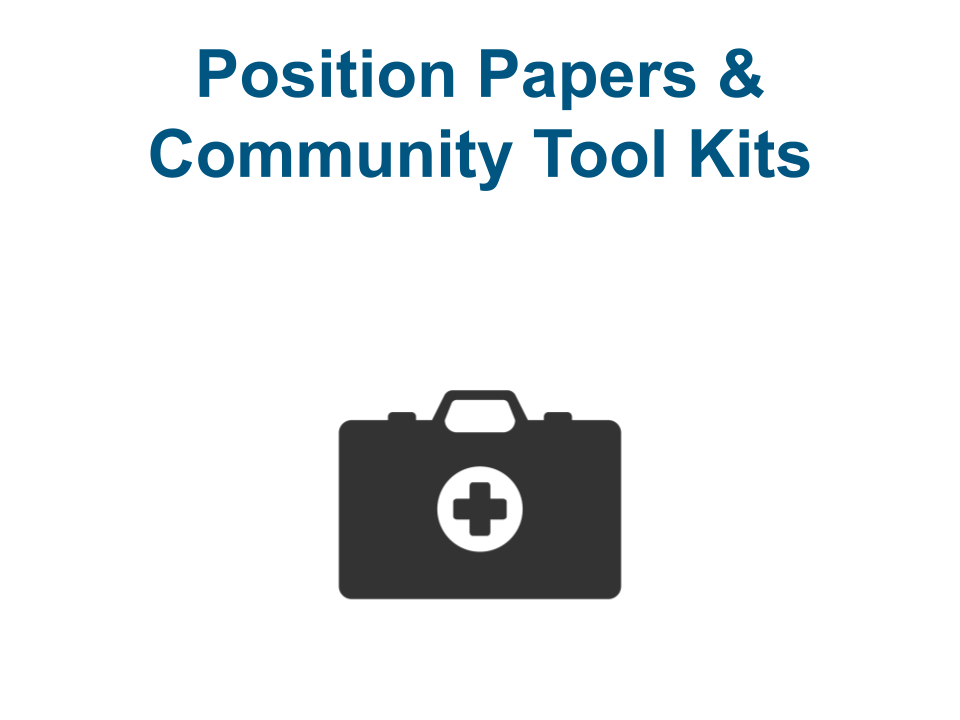
Learning Improves Patient Safety and the Quality of Patient Care
The Physician-Patient Alliance for Health & Safety identifies, promotes, educates, and certifies clinicians in best practices that promote patient safety and improve the quality of patient care.
In the links below are information and resources to help promote patient safety and improve the quality of patient care.
Learning Best Practices
Reducing mortality and morbidity in our healthcare system can and must be achieved.
The Institute of Medicine in its seminal work, “Crossing the Quality Chasm,” identified six aims for the health care system:
- Safe: Avoiding harm to patients from the care that is intended to help them.
- Effective: Providing services based on scientific knowledge to all who could benefit and refraining from providing services to those not likely to benefit (avoiding underuse and misuse, respectively).
- Patient-centered: Providing care that is respectful of and responsive to individual patient preferences, needs, and values and ensuring that patient values guide all clinical decisions.
- Timely: Reducing waits and sometimes harmful delays for both those who receive and those who give care.
- Efficient: Avoiding waste, including waste of equipment, supplies, ideas, and energy.
- Equitable: Providing care that does not vary in quality because of personal characteristics such as gender, ethnicity, geographic location, and socioeconomic status.
Education is a key component to improving patient safety and the quality of patient care.
Learning is Critical in Healthcare
Education fosters innovation. It enables incorporation of new technologies, treatments, and processes. Studies have shown that historically it has taken more than 15 years for innovation to be adopted in healthcare – that is 15 more years of additional suffering and death.
The COVID-19 pandemic is a stark reminder of the necessity of learning. COVID has forced the healthcare industry to be innovative – to do things differently so that clinicians can continue to provide patient care and patients can continue to be cared for. As Cheryl Pegus, MD writes:
“In healthcare, our adaptability and innovative execution in the weeks since the novel coronavirus outbreak has been faster than at any time in the decades the industry has been pursuing systemwide innovation.
“Healthcare innovation combining technology, data integration and data sharing with a core of human-centered care has become our battle cry against COVID-19 today and in the near future. This pandemic has shown us that access to care, personalized behavioral health support and mobile health solutions are imperative to not only overcome a public health crisis, but to the future of the U.S. healthcare system. [emphasis added]”
For our 2020 perspective on healthcare technology, please read our “2020 Healthcare Technology Predictions.”
Education Improves Patient Health
Education provides patients with the power to prevent disease, enable improvement of their own health, and build healthier communities and lifestyles. The American Academy of Family Physicians on the importance of patient health education:
Patient education is critically important because it is clear that the leading causes of death in the United States (i.e., heart disease, cancer, stroke, lung disease and injuries) are closely associated with unhealthy lifestyles. There is also strong evidence to suggest that counseling and patient education provide substantial benefits. Providing patients with complete and current information helps create an atmosphere of trust, enhances the doctor-patient relationship and empowers patients to participate in their own health care. Effective patient education also ensures that patients have sufficient information and understanding to make informed decisions regarding their care.
To provide effective patient education, a variety of practical skills must be mastered. These include ascertaining patients’ educational needs, identifying barriers to learning, counseling concisely, evaluating and utilizing written, audiovisual and computer-based patient education materials, and incorporating education into routine office visits.
Educational Sponsors
The Physician-Patient Alliance for Health & Safety would like to especially thank our sponsors who have provided unrestricted educational grants. These grants have allowed us to develop recommendations, checklists, and continuing medical education courses. With their assistance, PPAHS is able to identity and disseminate healthcare best practices:












